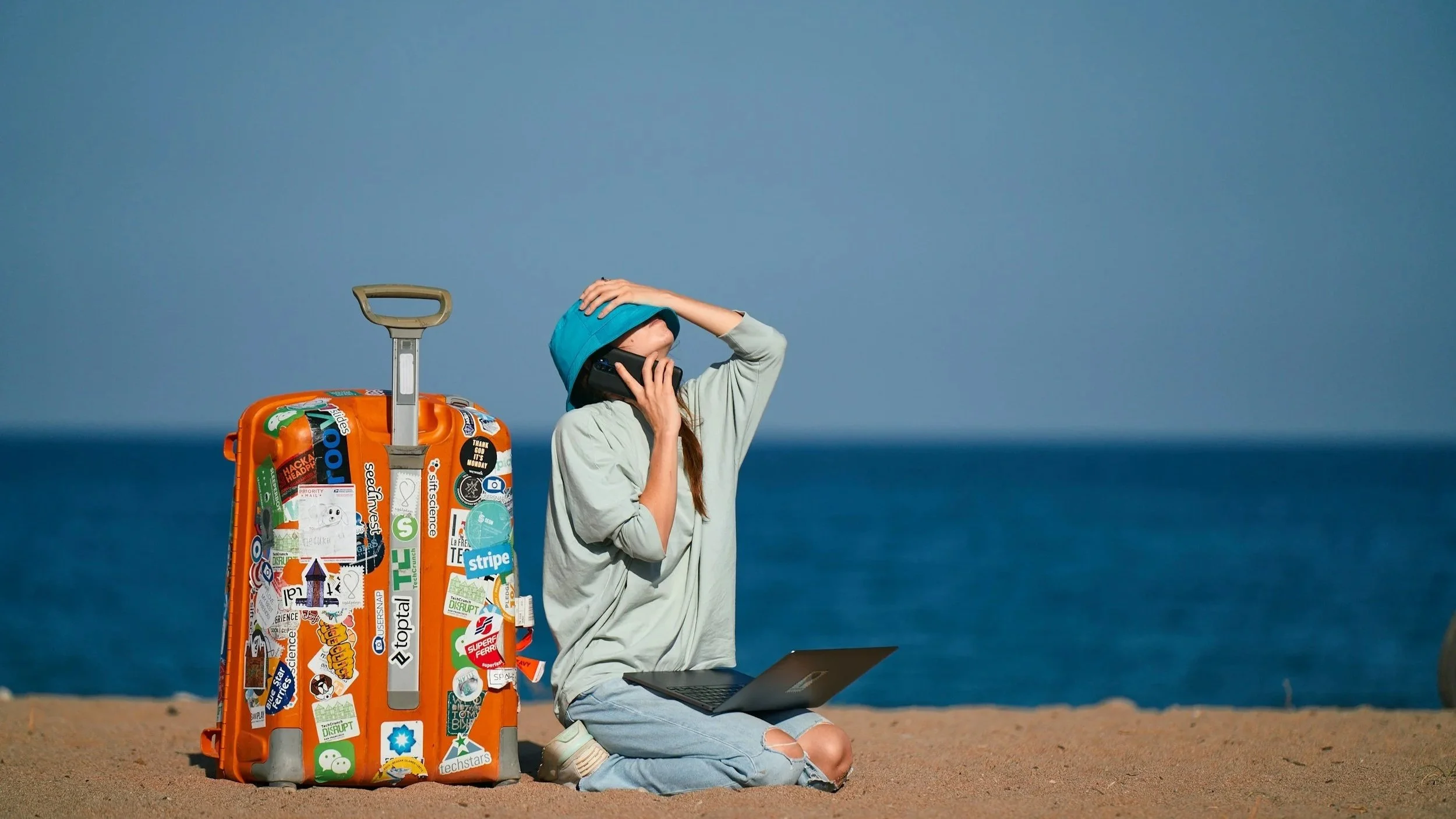
Protecting your eMail
Travel exposes you to new experiences, but also new risks. Protecting your email is as important as protecting your passport or wallet—it holds your bookings, tickets, and identity. Protect your email always, not just for travel!
1. Use strong, unique passwords for your email account – like you plan your unique trip itinerary
Just as you wouldn’t use the same key for every hotel room, don’t reuse the same password across accounts. I can’t stress this enough! Many people think.. ‘oh, I use a unique password for my banking, but for everything else it’s ok to use the same password’, it’s not ok. Just image what could happen if some was able to access your email.
Email is the key to your digital identity: Think about it: your email address is the primary method for resetting passwords across almost all online services — banking, shopping, travel, social media, cloud storage, and more. If someone gains access to your email, they can easily initiate password resets and hijack your other accounts. This could lead to unauthorized purchases, leaked personal information, or worse, complete identity theft.
Similarly, use a strong, unique password for all your accounts. Always think, ‘this company that I’m creating a profile for and setting up a password, what information about me could a potential hacker have, and could they use that information to break into any other online accounts?’ If you think about it enough, I’m sure you’ll come to the conclusion that its necessary to have a strong, unique password for all our online accounts. A password manager can be your “travel organizer” for accounts.
2. Enable two-factor authentication (2FA) – your travel insurance for email
2FA (also known as MFA) acts like backup travel insurance: even if your password is stolen (like luggage lost), the thief can’t get into your email without the second verification step.
3. Avoid public Wi-Fi when accessing your email – just like avoiding unsafe neighborhoods
Airports, hotels, and cafés often have unsecured Wi-Fi.
Use a VPN or hotspot, the digital equivalent of staying in well-lit, safe areas while traveling.
4. Beware of phishing scams emails – the pickpockets of the internet
Fake travel emails offering “flight changes” or “hotel upgrades” can trick you into clicking harmful links.
Always double-check the sender, just as you’d double-check a stranger’s offer in a busy tourist spot.
5. Log out of shared devices if accessing email – like locking your hotel room
When using hotel or public computers, make sure to log out completely.
Don’t “leave the door open” to your email account.
6. Backup important documents – and secure your recovery email
Travelers keep copies of passports and tickets; similarly, secure your recovery email and phone number.
This ensures you can still access your account if something happens.
Ignoring email security can lead to a real mess, with long-term consequences. But the good news is, you can prevent that. By taking a few simple steps, you can lock down your inbox and protect everything connected to it.
Take a few minutes today to strengthen your email's security. It's one of the easiest and most effective ways to protect yourself online.
